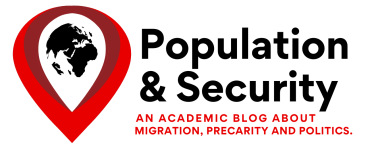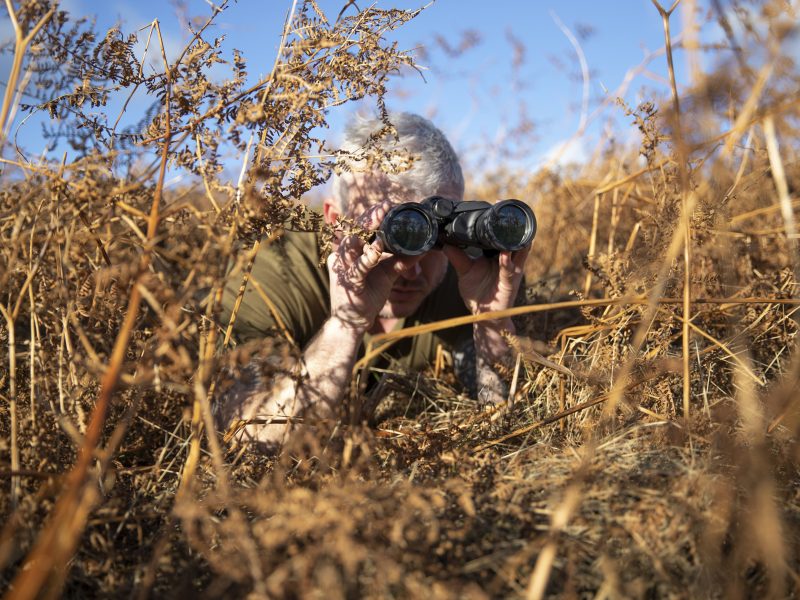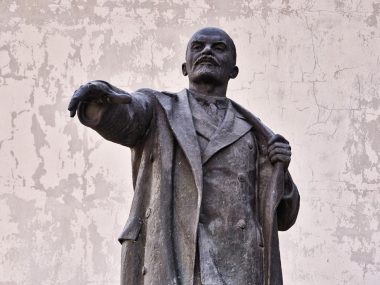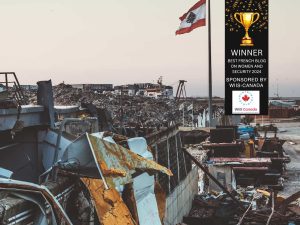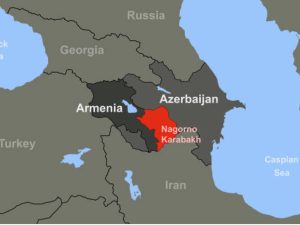2023 was a big year for the Wagner group, a Russian-based paramilitary group originally under the leadership of Yevgeny Prigozhin specializing in military defense and security services. It first gained the attention of the world when, on June 24, 2023, it took control over the Russian city of Rostov and started moving towards Moscow, before suddenly turning back the next day. Russian President Vladimir Putin, quickly condemned this insurrection as ‘treason’, though opinions on the ground were more divided, with the population of Rostov famously welcoming the former soldiers, agents of the intelligence service and Russian prisoners who make up the Wagner Group.
Then, on August 23, the Wagner group once again made the headlines when its leader, Yevgeny Prigozhin, was pronounced dead following the crash of his private jet. Other influential Wagner personalities were also on board, including Dmitri Outkine, co-founder of the paramilitary group, and group manager Valeriy Chekalov.
These events rapidly caused a series of speculation about the future of the paramilitary group in the former Soviet Empire and all the way to Africa. Several countries, including Mali, the Central African Republic (CAR), and most recently Niger, have sought the support of the Wagner Group, even when its presence is viewed with suspicion by several Western powers.
In view of all the above, questions have arisen as to the future of the Wagner Group in Africa. What political roles has the Wagner Group played in Africa in recent years? What about Wagner’s economic strategy on the continent? Will the latest events affect any of the above?
Wagner Group’s political influence in Africa
The Wagner’s group involvement on the continent began in Sudan in 2017, and in the CAR in 2018, when the international community confirmed the presence of Wagner members on the continent. Since then, the Wagner Group has developed several military cooperation programs with a number of African countries, including Mali and Libya, carving itself a place of choice in the political game of these countries.
In 2019, Wagner fighters helped Marshal Khalifa Haftar during the military clashes between East and West Libya, settling down near strategic oil sites in eastern Libya, under the pretext of securing them from terrorist attacks.
Since then, the presence of Wagner’s mercenaries in Libya has grown stronger. According to the NGO All Eyes on Wagner, Libya is increasingly becoming a logistics platform for its operations in Sudan. It is similarly being used for Wagner’s activities in the Sahel region, particularly in Chad and Niger, where they slowly carve out spheres of influence with local communities.
The presence of Wagner Group militiamen in Libya also supports the interests of the Russian state, which seeks to strengthen its presence in the Mediterranean. This illustrates how the interests of the Wagner Group often dovetail nicely with those of the Russian state. Since the majority of Wagner’s fighters train in Russian army camps, many consider Wagner as an armed wing of the Kremlin, defending the interests of Russia abroad.
Mali is another country where the relatively new political and military role of the Wagner Group in Africa is in full display. In August of 2022, following chronic insecurity in the north of Mali, the Bamako regime, led by Colonel Assimi Goita, discreetly approached the Wagner Group. This represented a significant strategic change for the Malian authorities, who had previously relied on the French military for support in the ongoing fight against the jihadists. The Wagner Group was only too happy to seize this opportunity to become a major centerpiece in the Malian political arena. The shift also coincided with increasingly friendly relations between the African nation and Russian authorities, the later providing military support for the Bamako regime.
Economic Advantage in Africa: Wagner’s Hidden Strategy
Once the paramilitary group has intervened in the context of military cooperation in Africa, it often takes the opportunity to expand its activities in the economic sector, as the Sudanese and Central African cases illustrate.
In 2017, during a visit to Moscow, Sudanese President Omar al-Bashir signed military and economic agreements with the Russian government that included concessions on gold mining for the Russian company M-Invest, which belongs to Yevgeny Prigozhin. Since then, the Wagner Group has been involved in the exploitation of Sudanese gold through the company M-Invest, and its subsidiary Meroe Gold.
In the CAR, France’s refusal to deliver arms to the regime of President Faustin-Archange Touadéra prompted the Central African authorities to strengthen their military cooperation with Russia. From this cooperation emerged economic agreements between the CAR and Russia, many executed by the Wagner Group. Indeed, Lobaye Invest and Diamville, two companies owned by Russians and affiliated with Wagner, are omnipresent in the extraction and sale of precious minerals such as gold and diamonds. The Wagner Group has also invested in other economic sectors in the CAR. For example, Bois Rouge, a company where several of its managers and shareholders are members of Wagner, has had a forest timber exploitation permit since 2021. Not surprisingly, Bois Rouge has also been criticized for having the ear of the current Central African government.
As the above examples illustrate, the Wagner Group has created over the years an immense system in Africa. In exchange for providing military support to the political regime, they benefited financially from very favorable terms in the exploitation of natural resources in Africa. Moreover, thanks to Wagner, Russia has likewise been able to extend its influence in several African states, while other Western states including France and the United States are seeing their power wane in the region.
Will Wagner’s influence in Africa change anytime soon?
The (short-lived) insurrection of Wagner fighters in Russia in June of 2023 is unlikely to significantly and negatively impact the activities of the paramilitary group in Africa. After all, two days after the event, Russian Minister of Foreign Affairs Sergei Lavrov quickly declared that members of the Wagner Group who work as ‘instructors’ in certain African countries will continue to occupy their position.
For the moment, the mutiny has not caused a rupture between African states and the Russian private group. For example, in Libya, Wagner’s mercenaries are still present in the strongholds of Marshal Khalifa Haftar. The same was observed in Sudan, where a month after the Wagner mutiny, the Russian mercenaries are still close to the rapid support forces (FRS) of General Mohamed Hamdane Daglo.
In the CAR, there is no gray area: the authorities have reaffirmed their desire to continue working with Russia and Wagner instructors. On this note, Fidèle Gouandjika, Minister Special Advisor to Central African President Faustin-Archange Touadéra, recalled that the CAR and Russia have signed a defence agreement in 2018. Under said agreement, Russia subcontracted its military and defensive operations to the Wagner Group. As Gouandjika declared: “if the Kremlin is no longer on good terms with Wagner’s current staff, the CAR is ready to welcome other replacement troops.”
In view of all the above, and in addition to the anti-French sentiment evident among the populations of several countries, the Wagner Group has a second card to play. The private paramilitary group is well integrated into the politico-economic system of several African states, and will not be shaken off so easily. Neither Wagner’s latest insurrection, nor will the death of its leader, be enough to negate its influence on the continent.
On the other hand, the disappearance of its leader will eventually open the door to a succession race. It is also likely to result in a campaign to save Wagner’s image in order to maintain their multiple political and economic interests in Africa, and indirectly those of Russia.
